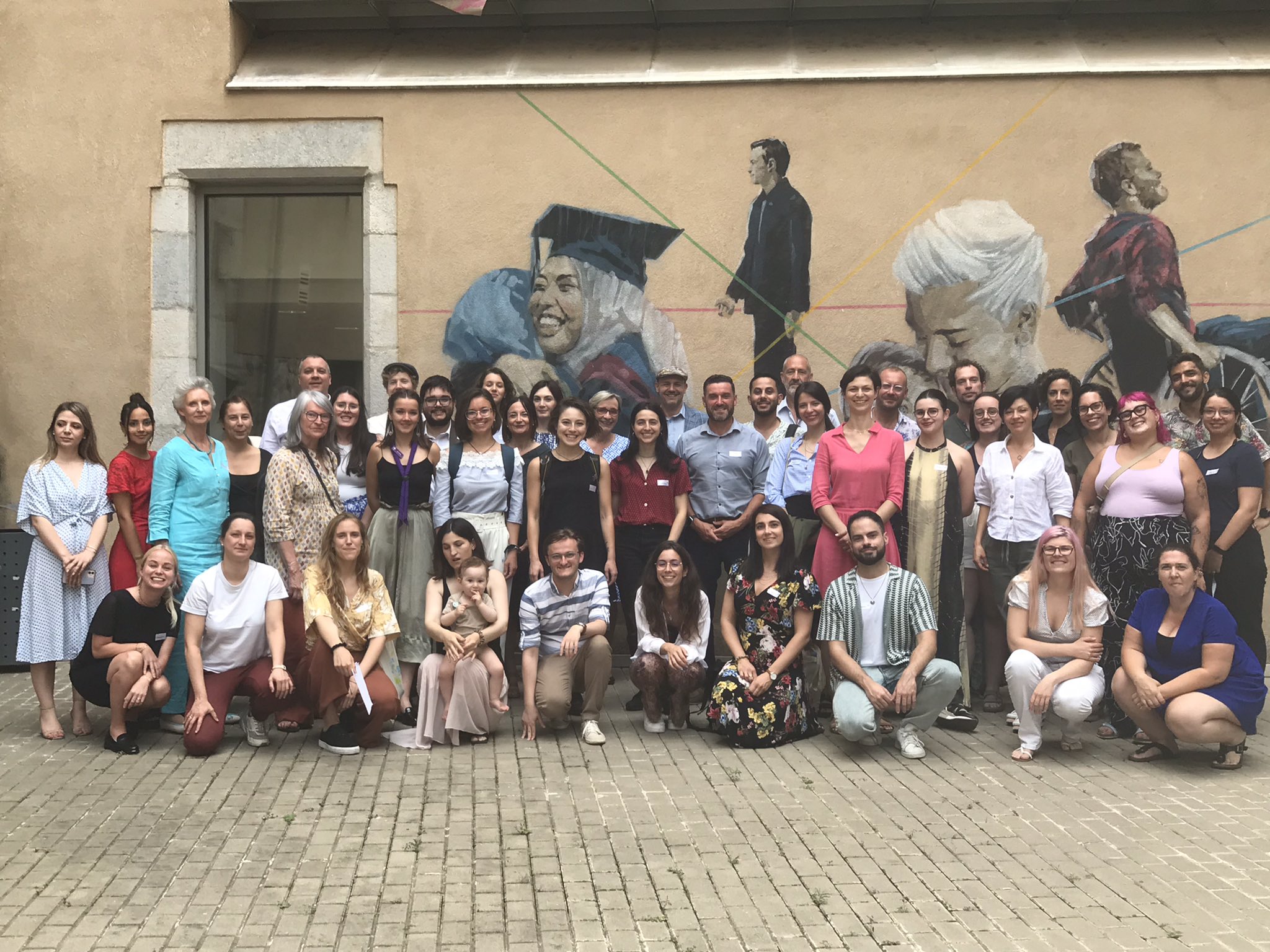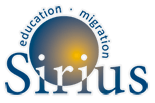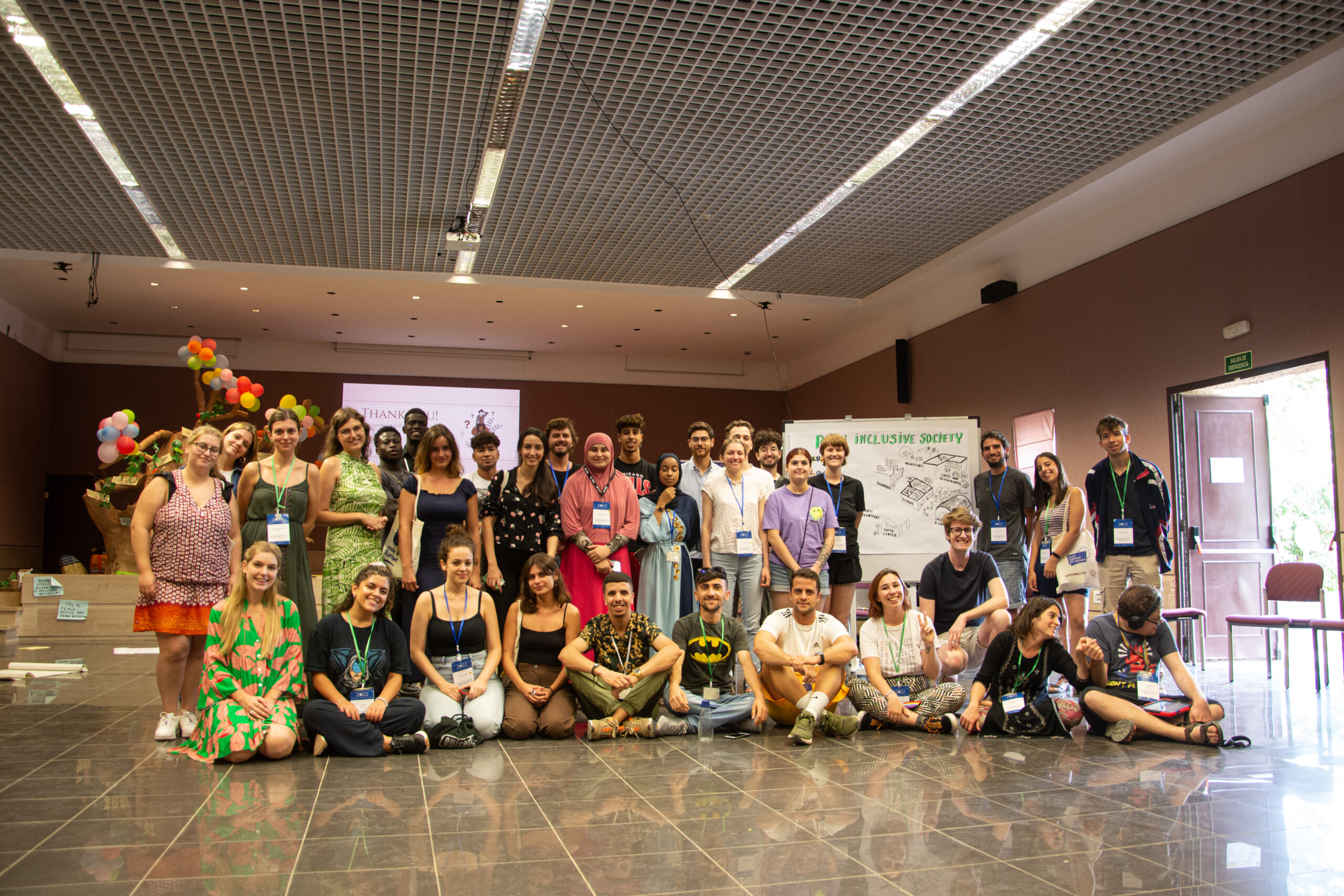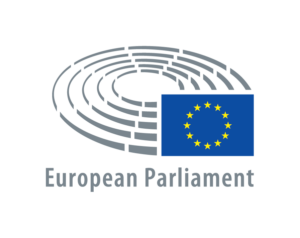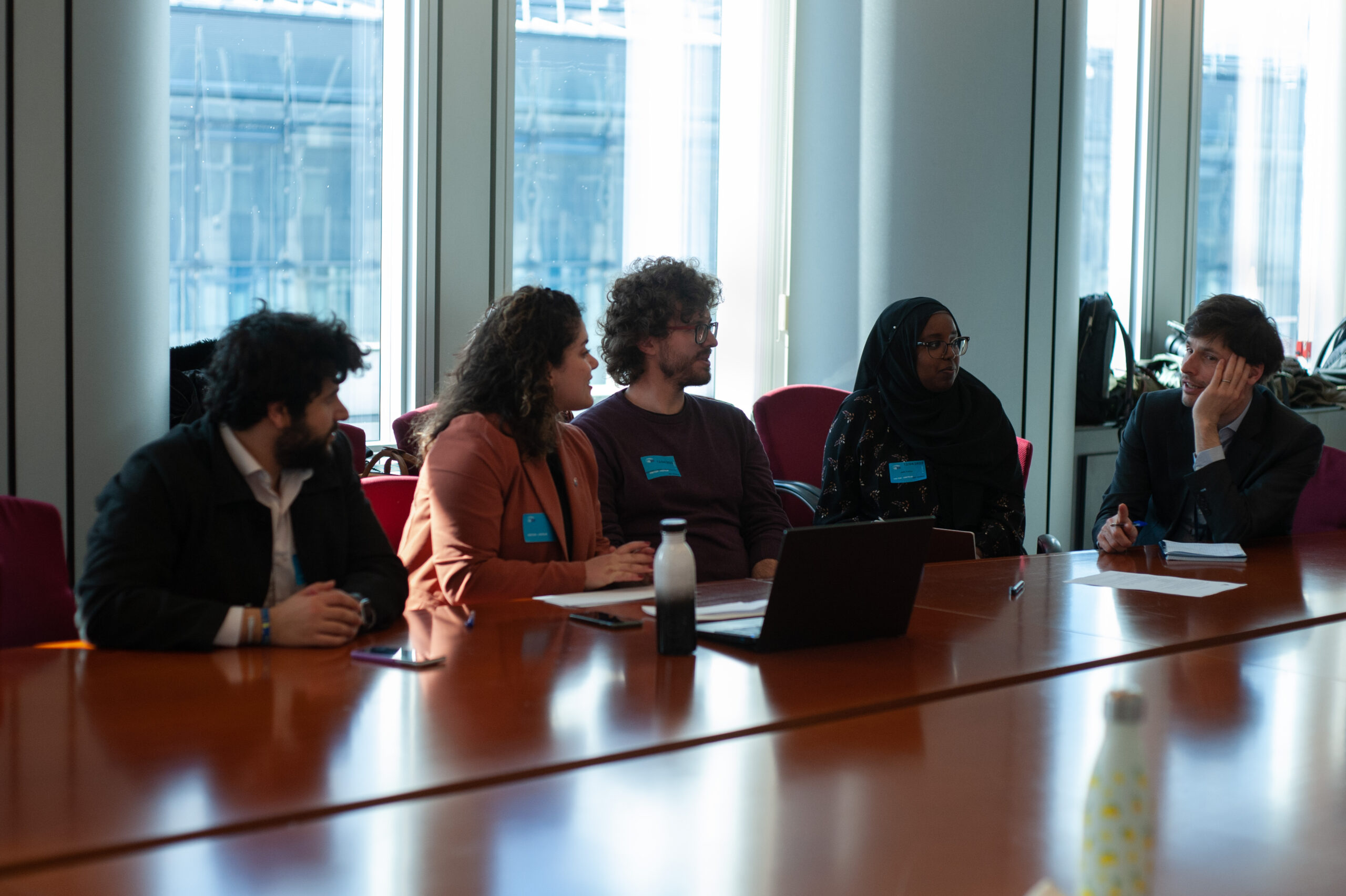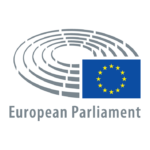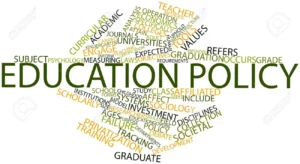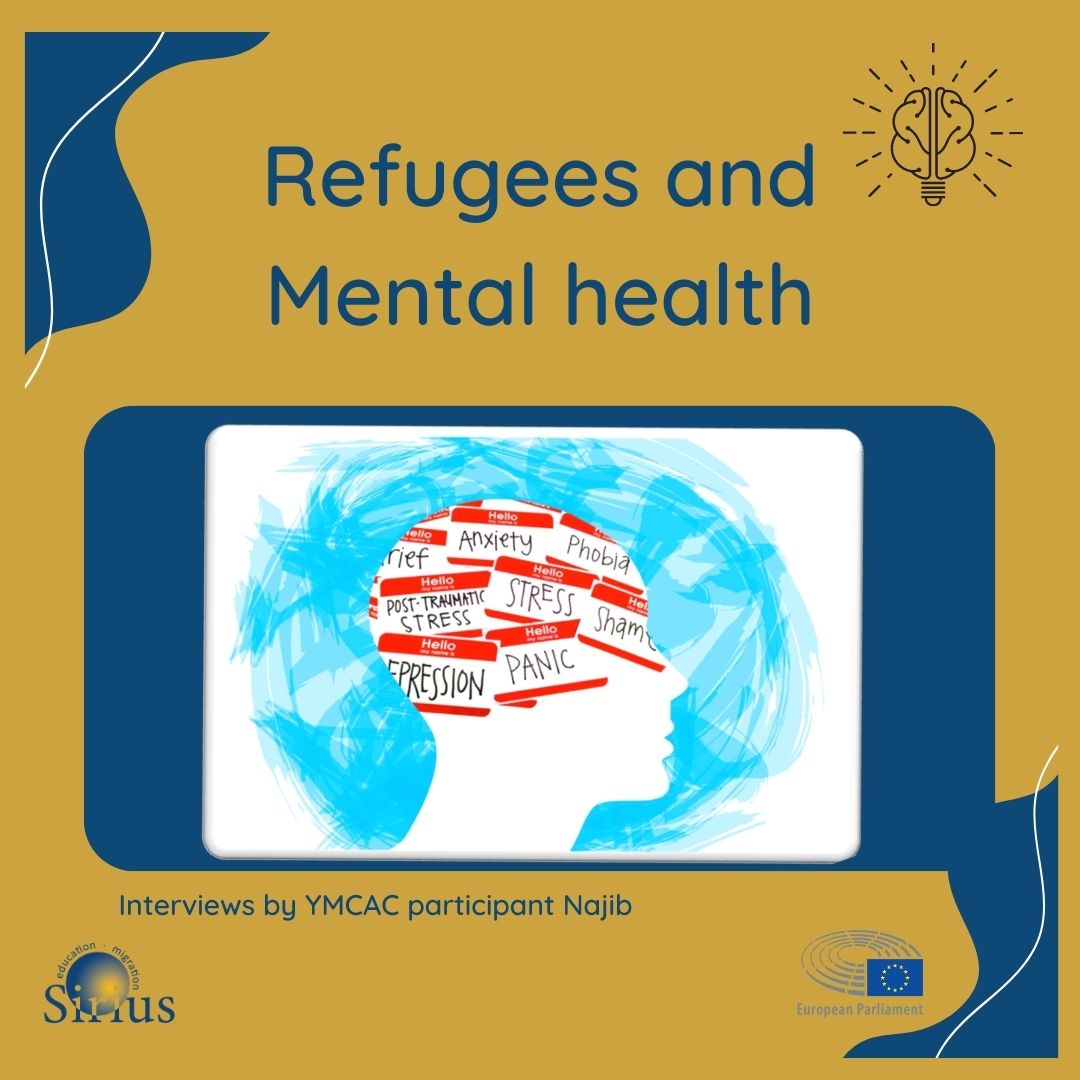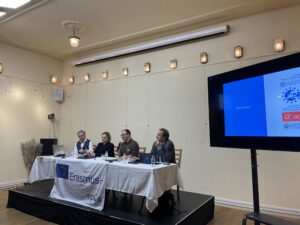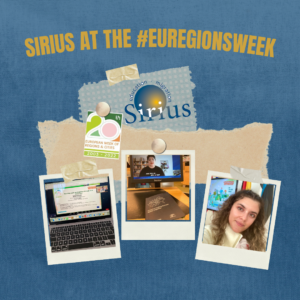My name is Najib or you can just call me ‘Javed’. I am a refugee living in the EU, and I wanted to help other refugees regarding their mental health or education. I’ve seen a lot of refugees facing these difficulties whether it’s in education or with their mental health (mostly in Hungary). It’s hard for them to get access to mental health resources, because of their financial problems or because it’s not provided for free from the Government. There are a lot of problems going on in today’s world, and we can’t solve them all overnight but if we can help a little bit, we should step up and do our best to help someone.
As ‘Mevlana Rumi said: “God gave you wings, why crawl on the ground”. If we’ve the opportunity to help someone in need, why not do it?
So, I got intouch with SIRIUS Network and we wanted to do something. I wanted to make a campaign about Refugees Mental health, and to provide them with the help and support they need, because if our mental health is not okay then our whole body is not okay. Somehow it’s connected.
When refugees or asylum seekers enter the EU, they provide them with food and shelters but somehow they don’t take their mental health seriously or don’t provide them some more support.
I did some interviews and chats with refugees about this topic and here are the results.
A refugee family from Ukraine :
Due to privacy their real name is not issued but, Let’s call her “Marina”.
“Marina” is a mid old age woman with two children who had left Ukraine last year February. The day of Russian-Ukraine war had changed her life and somehow the future of her children too.
“Marina” described about the war and how its effected her: ‘Before the War I had a happy life and my husband and family around, I’ve never thought that overnight my life would change completely. And I would be an asylum seeker or a refugee in other country’.
After leaving Ukraine with her two children, her husband stayed back.
She came to Hungary by train and lived in a refugee camp and the Government gave them an apartment.
“Marina” said: ‘After leaving my country I cried a lot and I had anxiety and trauma, in the night I couldn’t sleep. Most of the Time my children asked me about their father,their friends and when we can go back home. But I couldn’t answer and I had to lie to them’.
The government provided her some help because of her anxiety and trauma but she says maybe that is not enough. If she gets private psychologist or psychiatrist that costs a lot of money i.e. 1 hour with a private psychologist or psychiatrist costs 30000-ft (which is 80-85 Euros) which is a lot and she can’t afford that much money.
The interview got emotional and it was stopped.
A Refugee from Afghanistan:
Due to privacy their real name is not issued but, but let’s call him “Mohammed”.
“Mohammed” is living in the EU since 2015, when a large number of refugees and asylum seekers came from Syria, Afghanistan, Iraq and other countries, he also came to the EU.
As many other refugees “Mohammed” also faced difficulties like lack of food on the way, shelters, language barrier and, of course, problems with his mental health.
He has been through a lot in his country because of the ongoing war, coming to the EU by foot and dealing with a lot of other problems, like financial and human trafficers.
“Mohammed” said: ‘My close friend died in the mediterrean sea when we were crossing Turkey to Greece.
I became depressed, and I had anxiety and post-traumatic stress disorder. I took a lot of anti-depressent, but that is too expensive and I can’t afford it now’.
Private psychologists are very expensive and he can’t find someone either who can help him, because in his culture it has a stigma, for men to talk about their Mental health. It’s kind of a tabu topic.
“Mohammed” says: ‘In my culture if you have some kind of mental health problems or if you are depressed, they think you are being haunted by ghosts/other spirits and beacause of that you are either put in chains or in a cage”.
Because he has this in his mind, he is afraid/ashamed of asking for help and the mental health care is expensive and not everyone can afford it.
Mental health care is a basic human rights.It doesn’t matter your residency or anything if your mental health is not okay.
LET’S MAKE THEIR FUTURE BRIGHT AND SAFE.
IT’S DOESN’T MATTER WHERE ARE YOU FROM YOUR HEALTH AND EDUCATION ARE YOUR BASIC FUNDAMENTAL RIGHTS…
